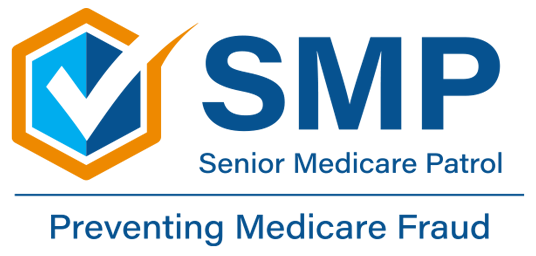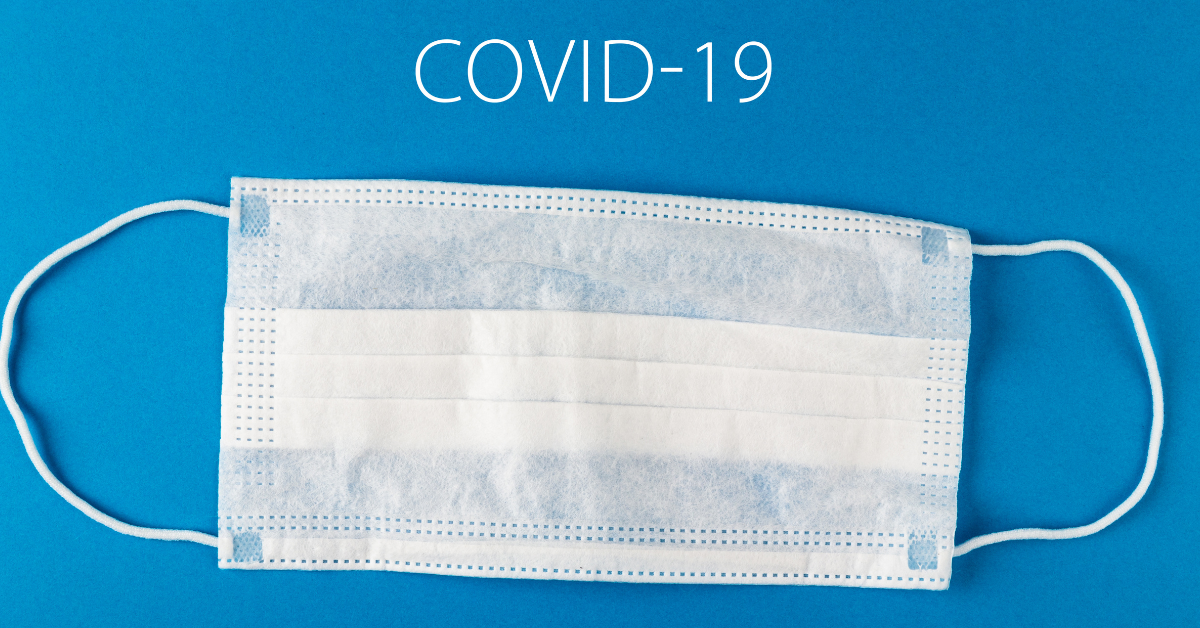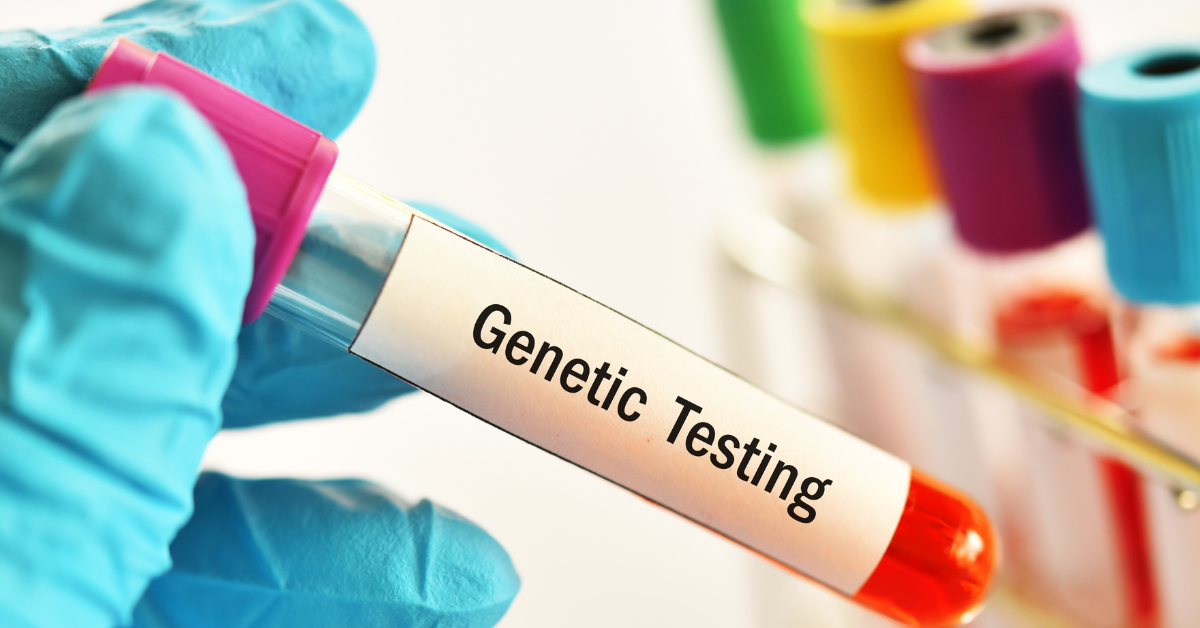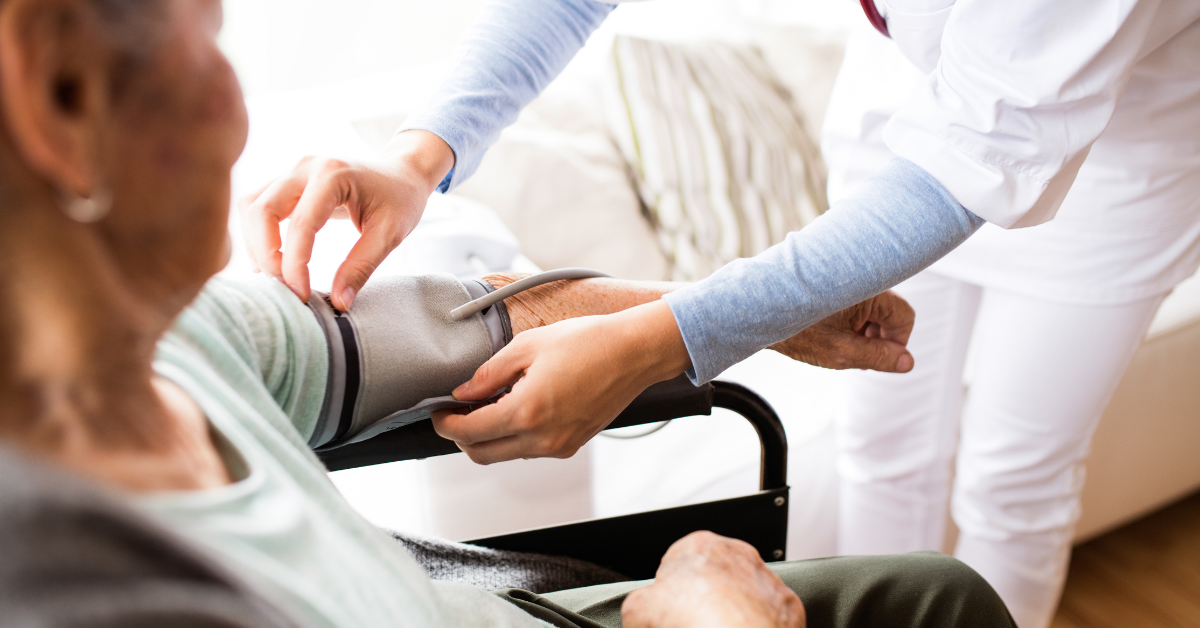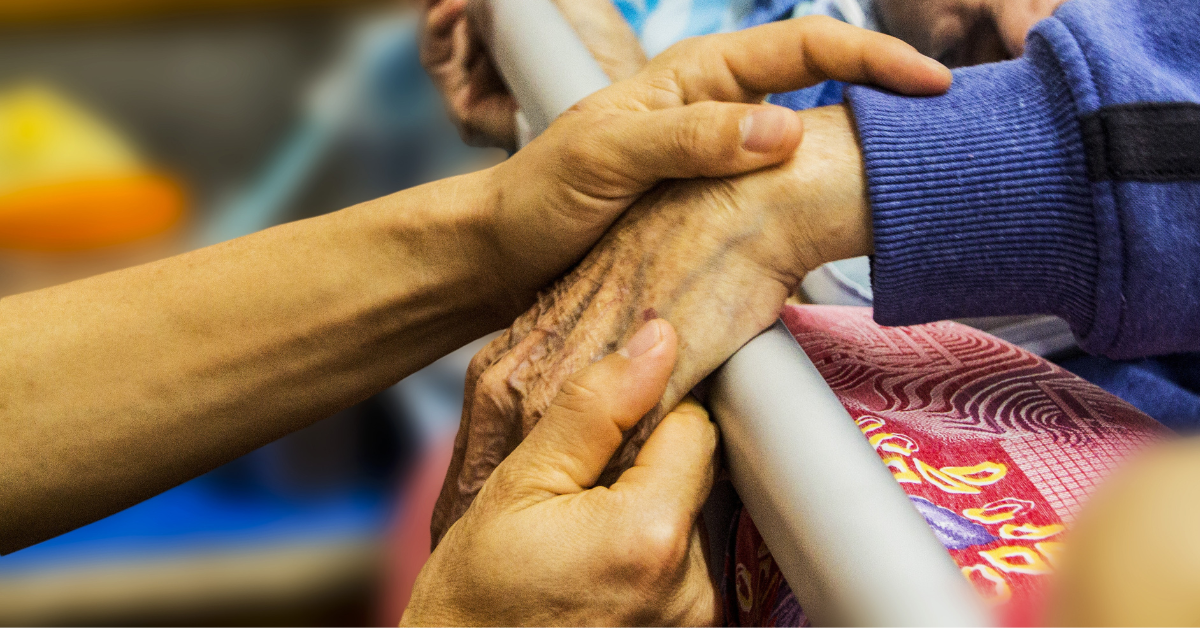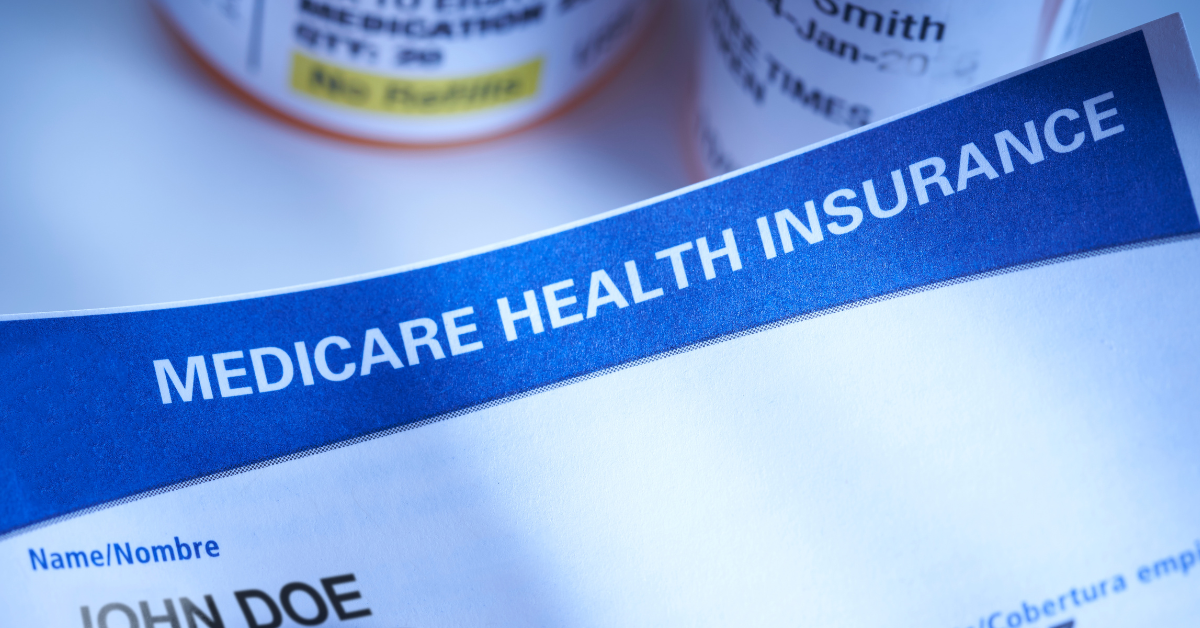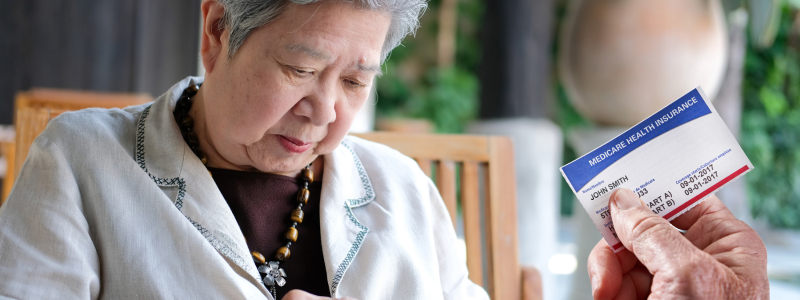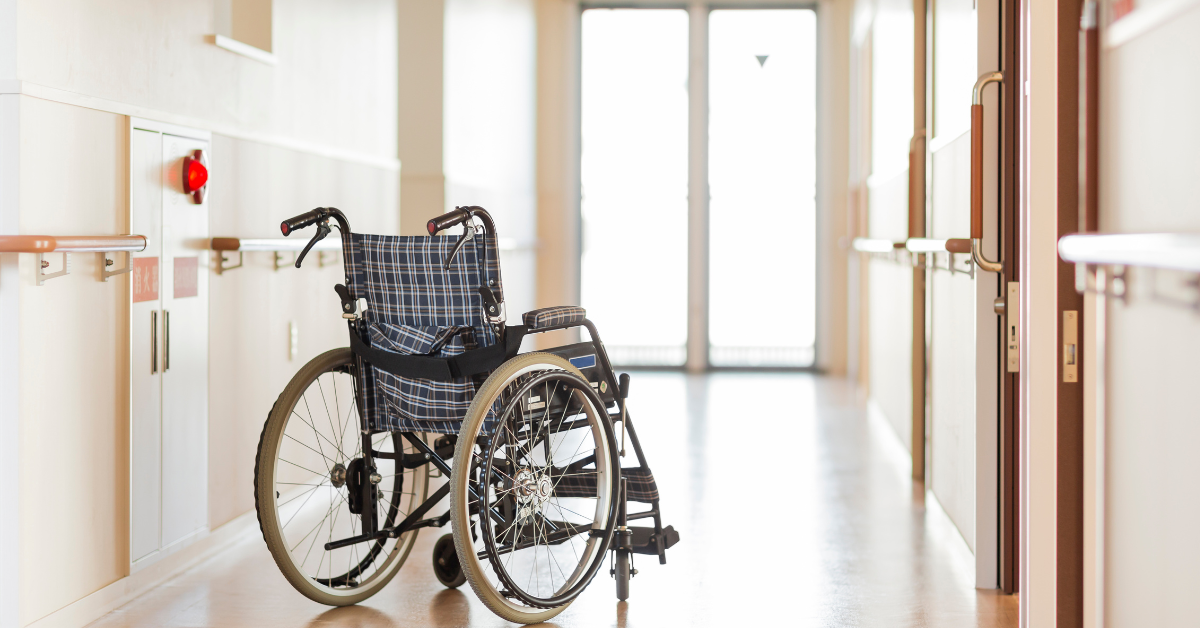Medicare will cover an ambulance ride to the hospital to diagnose or treat symptoms of an illness in an emergency. However, Medicare will not cover the cost of an ambulance if the reason for using the ambulance is not medically necessary, meaning the ride is not to treat or identify an illness. It will also not be covered by Medicare if other forms of transportation can move you safely or if it is for a ride to your doctor’s office, a community mental health center, or other health care appointments. Ambulance fraud, errors, or abuse can occur when ambulances are used for medically unneeded reasons.
Report potential telehealth fraud, errors, or abuse if:
- You were billed for more mileage than the actual distance traveled in the ambulance trip
- You think the cost of an ambulance ride is an unreasonable amount
Caregivers and family members, be on the lookout for:
- Calling for an ambulance for a loved one when it is not an emergency and they should be using other ways to travel
- Charges on your loved ones’ Medicare statements for ambulance trips that seem unreasonably high in cost, or the distance seems to be too far
Watch this video to learn how to read your Medicare Summary Notice (MSN) and Explanation of Benefits (EOB).
